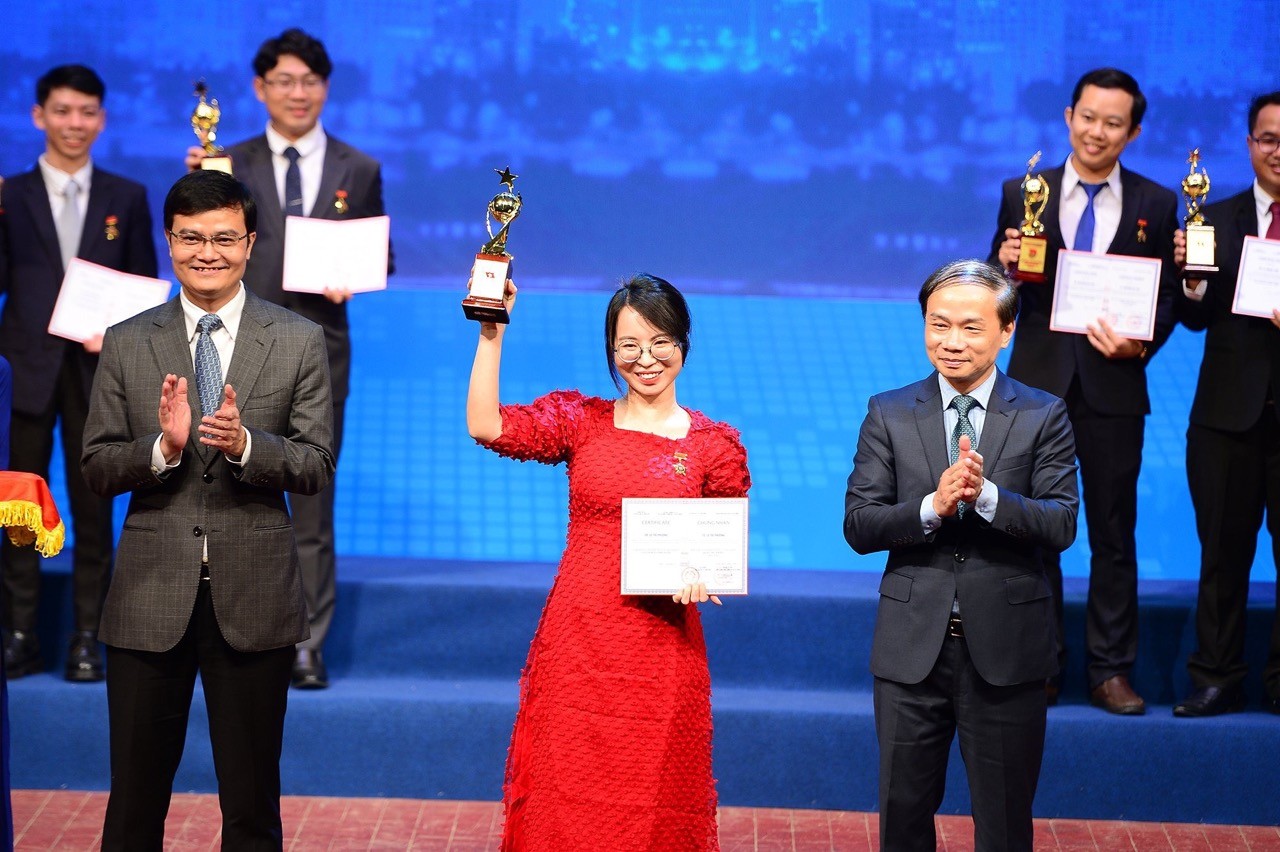First Vietnamese Scientist Awarded UK’s Colworth Medal
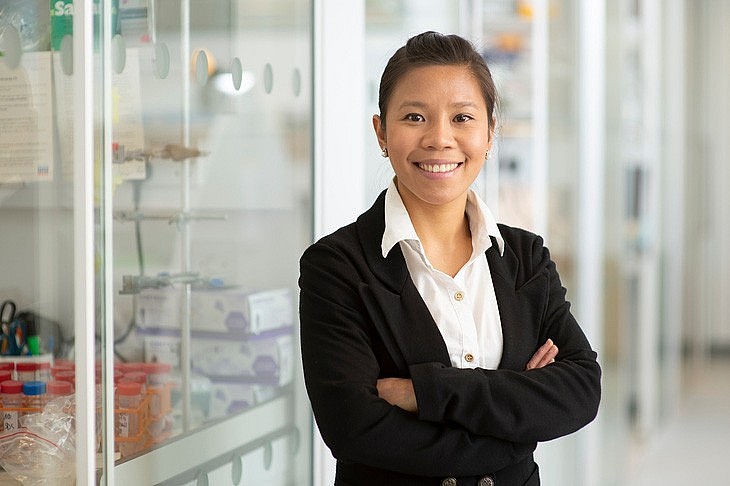 |
| Dr. Nguyen Thi Hoang Duong (Kelly Nguyen). Photo: MRC |
The Colworth Medal is a prestigious annual award for outstanding research by a biochemist of any nationality who has carried out the majority of their work in the UK or Republic of Ireland.
Donated in 1963 by Unilever Research Colworth Laboratory, the award is made to an early career scientist who is within 10 years of receiving their highest qualification.
Kelly completed her bachelor at the Australian National University and PhD at the MRC Laboratory of Molecular Biology (MRC-LMB) with Dr Kiyoshi Nagai, according to the Biochemical Society.
During her PhD, she used X-ray crystallography and cryo-EM to study the mechanism of the spliceosome, a large protein-RNA complex involved in premature mRNA splicing. Her work led to important insights into the structures of large spliceosome components and the activation of the spliceosome.
She began her telomere and telomerase research during her time as a Miller Research Fellow in the laboratories of Professors Kathleen Collins and Eva Nogales at the University of California, Berkeley.
Telomeres protects the chromosome ends and thus are essential for genome stability. Her postdoctoral work unveiled the first cryo-EM structure of human telomerase, the enzyme which replenishes telomeres to compensate for the telomere loss during genome replication.
As an independent investigator at the MRC-LMB, her laboratory studies the molecular mechanisms of telomere maintenance using a combination of biochemistry, structural biology at different spatial scales and in vivo functional studies.
The mechanistic insights gained from this research will shed light into how telomere dysfunction gives rise to human diseases such as cancers and aging.
“I would like to share the honor with all the past and present laboratory members, mentors, colleagues, and collaborators who have made essential contributions to every step of this journey,” she said during an address to the Biochemical Society.
“I would also want to highlight the stimulating and supportive environment at MRC-LMB that has greatly shaped my scientific approaches. Being recognized in this way is very encouraging for my laboratory and will motivate us to continue tackling challenging problems and making exciting discoveries."
Duong was born in Vietnam’s central province of Quang Ngai. She won a full scholarship for the high school programme at Wellington Girls’ College in New Zealand before completing a bachelor’s degree at the Australian National University and a PhD at the MRC-LMB.
Her telomerase research has also earned her the 2022 Eppendorf Award for Young European Investigators, the 2020 Suffrage Science Award curated by the MRC London Institute of Medical Sciences (LMB), and the 2017 Early Career Research Award from the Biochemical Society./.
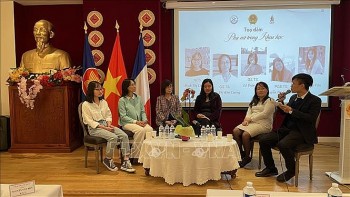 | Vietnamese Female Scientists Meet in Paris to Share Experiences The event praised women in science and connected overseas Vietnamese women with their homeland. |
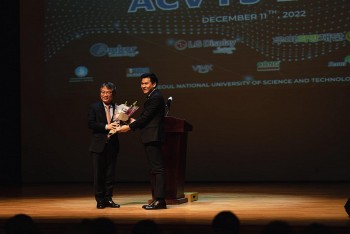 | Young Vietnamese Scientists in the RoK Gather for Conference The annual conference attracted hundreds of scientists, graduate students, and Vietnamese and international students studying and living in the Republic of Korea. |
 | 13 Vietnamese Scientists Named among World's Top List 13 Vietnamese working in the country have been listed among the world's best scientists by Research.com, a reputable academic research portal. |
Recommended
 National
National
Vietnam News Today (May 31): Vietnam Strongly Supports Laos’s National Development
 National
National
Vietnam News Today (May 30): Vietnam, Venezuela Reinforce Ties Through People-to-people Diplomacy
 National
National
Vietnam News Today (May 29): Vietnam and Hungary to Expand Cooperation into New Areas
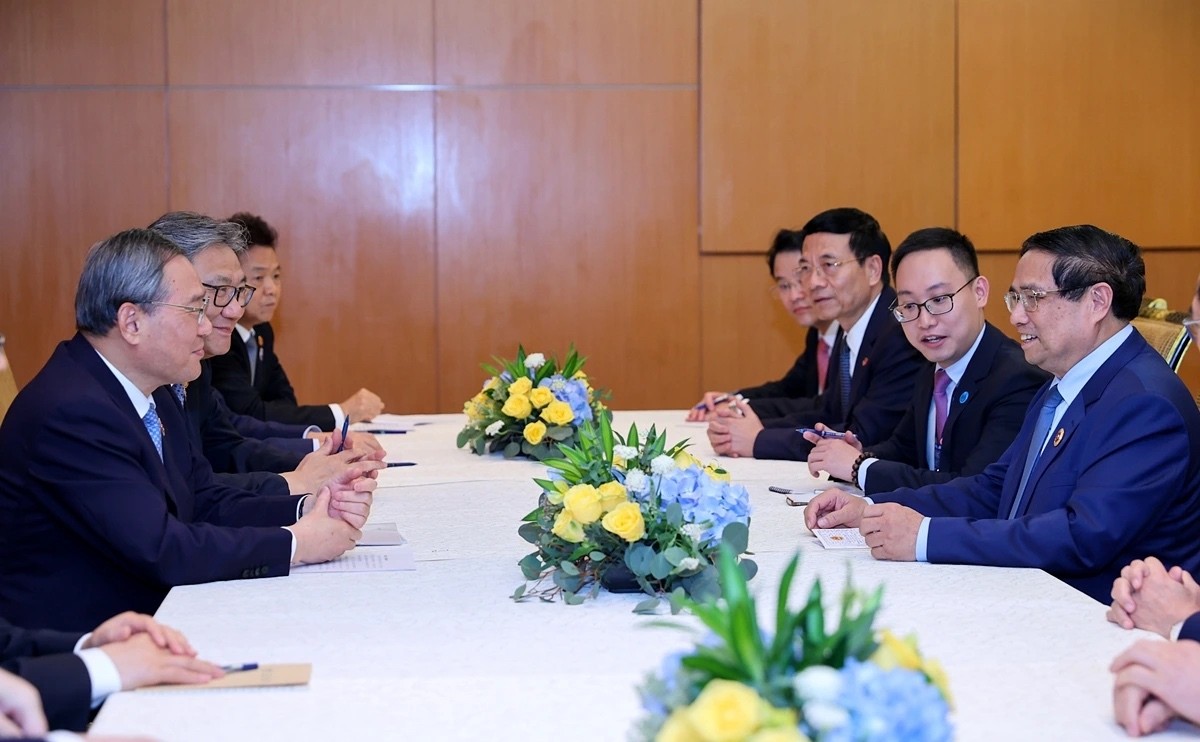 National
National
Vietnam News Today (May 28): Vietnam and China Discuss Strategic Cooperation Orientations
Popular article
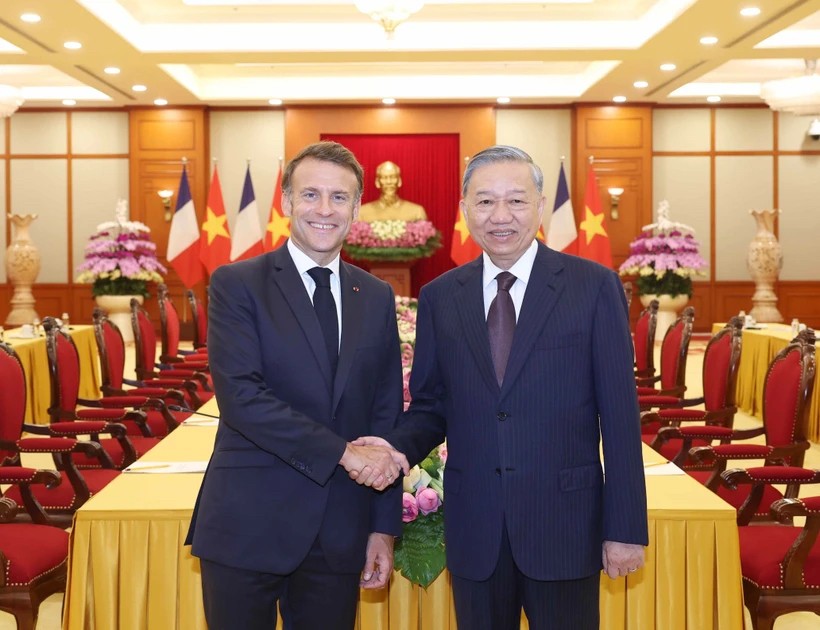 National
National
Vietnam News Today (May 27): Vietnam Treasures Multifaceted Collaboration with France
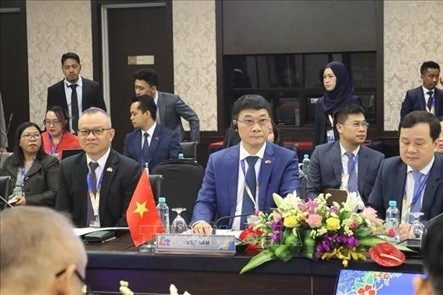 National
National
Vietnam Commits to Building an Inclusive, Sustainable and Cohesive ASEAN
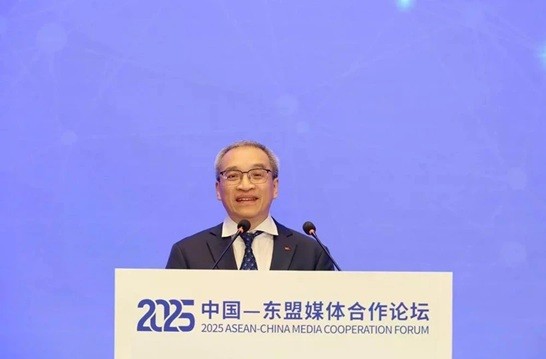 National
National
Vietnam Proposes Vision for Responsible Digital Journalism Cooperation
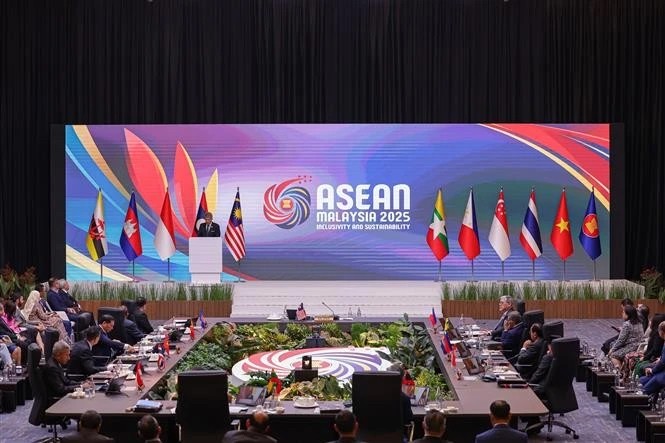 National
National




